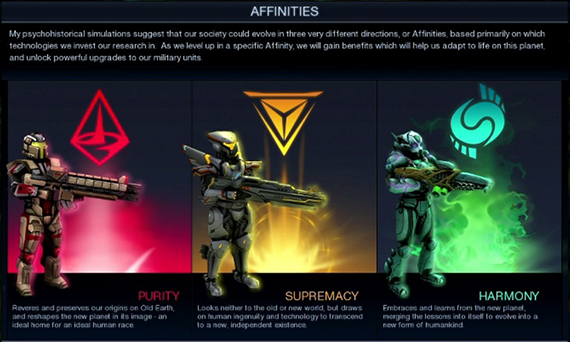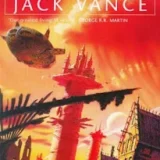Space: the final frontier… or so we thought. Fans of science fiction are no stranger to space exploration. Though, after this past weekend, I’ve gotten another opportunity to traverse the black and explore new life and new civilizations thanks to Steam’s free weekend of Sid Meier’s Civilization: Beyond Earth. I’ve been a big fan of the Civilization series for a while. No matter what little changes they make in subsequent additions, I am always coming back for more despite not being a huge fan of strategy games. Yet, unlike the previous games, Beyond Earth takes place not at the dawn of civilization but at its dusk. While it’s unclear why humanity is leaving  Earth, I can be sure of a couple possibilities based on the opening cinematic. Either we are leaving Earth because it’s become overpopulated or, the more likely reason, because we’ve exhausted Earth’s resources. Nonetheless, we see a number of rockets launch from Earth into the great unknown.
Earth, I can be sure of a couple possibilities based on the opening cinematic. Either we are leaving Earth because it’s become overpopulated or, the more likely reason, because we’ve exhausted Earth’s resources. Nonetheless, we see a number of rockets launch from Earth into the great unknown.
Here is where the game starts. Landing on an alien world, a number of new age nations establish a new outpost which will eventually grow into new cities. From here the game plays like almost every other Civilization game. Build structures within your cities, produce units to explore or defend, compete with other nations to construct great wonders, and be the first to achieve a victory objective. Yet, while this has the same basic concept of previous games, it is the various advancement trees that are drastically different. In the past, the numerous technologies that you could research within Civilization were a linear bracket going from left to right. Now, it is more of a technology web than a linear tree and while some things connect to others, those are very few. On the other hand, the cultural advancements have been somewhat simplified by only providing four trees instead of ten. Previous DLC for Civilization V has introduced an ideology system which has now been adapted into an affinity system in Beyond Earth which changes your units based on the choices you make in game. Finally, instead of picking nations like you did in previous games, you choose a number of different starting factors to create a completely unique civilization. While your sponsor functions very similar to choosing a nation, choosing options for colonists, spaceship, and cargo provides minor benefits that makes each game unique.
 When I started up my first game with Beyond Earth, I was thoroughly confused. There were a lot of different options and I wasn’t fully certain how they compared to previous games. This led to a lot of stumbling about and now I’m impressed how I managed to stay on top for as long as I did. It my second and current game, I’ve taken my time reading what everything does and plotting everything else in advance in order to not have a bunch of random technological advancements without the bare-bones to support. This made things much easier as in my first game I spent the first half unable to even make a settler to found a new outpost.
When I started up my first game with Beyond Earth, I was thoroughly confused. There were a lot of different options and I wasn’t fully certain how they compared to previous games. This led to a lot of stumbling about and now I’m impressed how I managed to stay on top for as long as I did. It my second and current game, I’ve taken my time reading what everything does and plotting everything else in advance in order to not have a bunch of random technological advancements without the bare-bones to support. This made things much easier as in my first game I spent the first half unable to even make a settler to found a new outpost.
Ultimately, I can’t really say if Beyond Earth is better or worse than any previous Civilization game. What I can say though is that Beyond Earth is a different and kind of refreshing take on this Civilization franchise. Though, without the nations that we have known throughout history and introducing a system with countless different combinations, I feel more open for exploration and not a subconscious need to conform to whatever nation I may have picked. So far I have had an immense amount of fun just letting the system randomly pick options for me and rolling with it no matter how contradicting the results may be. For both gamers who have and have not played Civilization, I highly recommend this game especially if you love the SF genre. I never expected how satisfying it would be to establish my own colony on an alien world and slowly decide the fate of my civilization and the world at large whether I want to terraform the planet and create a new earth or embrace and harmonize with it. No matter how it will end, I will boldly go where no man has gone before.









